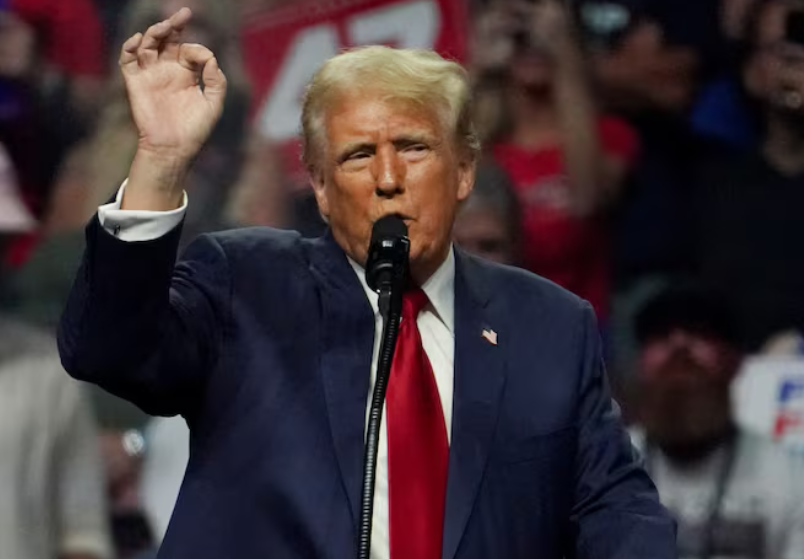Former Department of Justice Pardon Attorney Liz Oyer is raising serious concerns about former President Donald Trump’s efforts to install politically loyal but unqualified individuals as U.S. Attorneys across the country—allegedly bypassing Senate confirmation and creating what she calls a “chaotic and potentially illegal” shake-up in federal prosecution.
In a video posted to her Instagram account (@lawyer_oyer), Oyer, a career public defender and seasoned federal legal expert, broke down what she describes as a “complicated but important” constitutional crisis in the making.
“US attorneys are the chief federal prosecutors representing the United States in court. There are 93 of them,” Oyer explained. “The president can nominate them, but they must be confirmed by the Senate.”
But according to Oyer, Trump is now circumventing that confirmation process after some of his initial appointees—described as politically extreme or lacking in legal qualifications—faced resistance even from members of his own party.
A Legal Loophole—and Its Consequences
Oyer points to a specific legal provision that allows a district court to appoint a U.S. Attorney if a president’s nominee is not confirmed within 120 days. Trump, she claims, is exploiting this by simply firing court-appointed prosecutors and reinstating his original picks.
“In New Jersey, Trump nominated Alina Habba, a former personal attorney and golf club member,” Oyer said. “She had no criminal prosecution experience. After serving the maximum 120 days as acting U.S. Attorney, the court appointed career prosecutor Desiree Grace. Days later, Pam Bondi fired Grace and reinstated Habba.”
Oyer contends that this move violates federal law and is already being challenged in court.
“Most experts think it’s illegal,” she added. “It has created chaos in New Jersey.”
Pattern Emerging Nationwide
According to Oyer, the New Jersey incident is not isolated. Similar moves are reportedly underway in Los Angeles, Nevada, and upstate New York. In each case, the pattern involves the appointment of Trump loyalists—often with little to no prosecutorial background—followed by legal and administrative battles when courts intervene.
Oyer underscores the critical role U.S. Attorneys play in the justice system, noting that they can determine whether to bring or drop criminal charges.
“If your goal is to use the office to prosecute political enemies or reward friends, then loyalty matters much more than experience,” she warned.
What Legal Scholars Are Saying
While litigation over the legality of these appointments is ongoing, several constitutional scholars and former DOJ officials have echoed Oyer’s concerns. They argue that Trump’s moves raise separation of powers issues and may ultimately end up before the Supreme Court.
Critics argue that manipulating U.S. Attorney appointments could erode the independence of the Justice Department and politicize federal prosecutions, a precedent that would have long-term consequences for the rule of law.
Calls for Oversight and Transparency
Oyer concluded her message by urging viewers to stay informed and share the information:
“Stay tuned for more on this topic. And if you found this video helpful, please share.”
The Biden-appointed DOJ leadership and Congressional Democrats have yet to publicly respond to the allegations, but pressure is mounting for oversight hearings and possible legislative reform.

